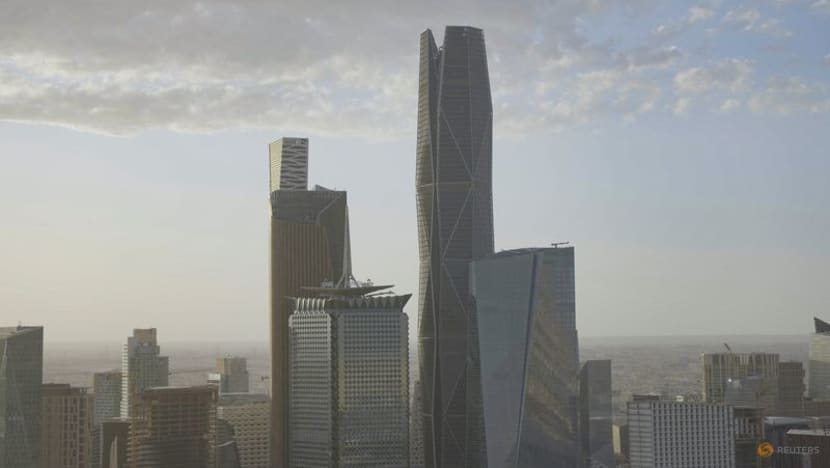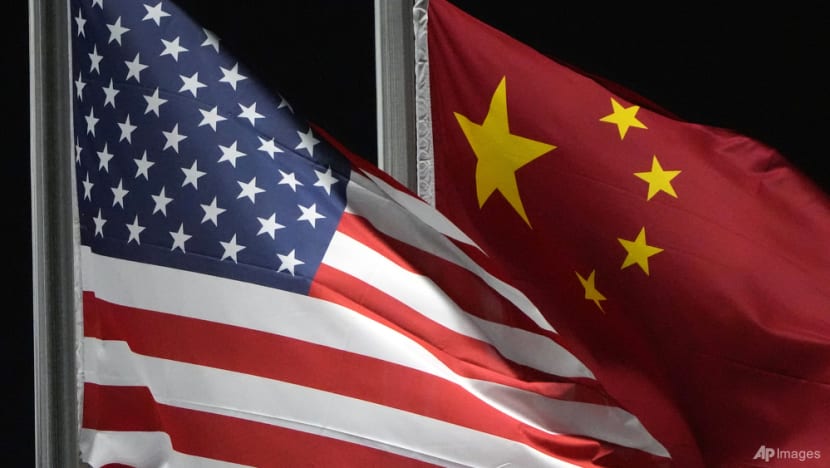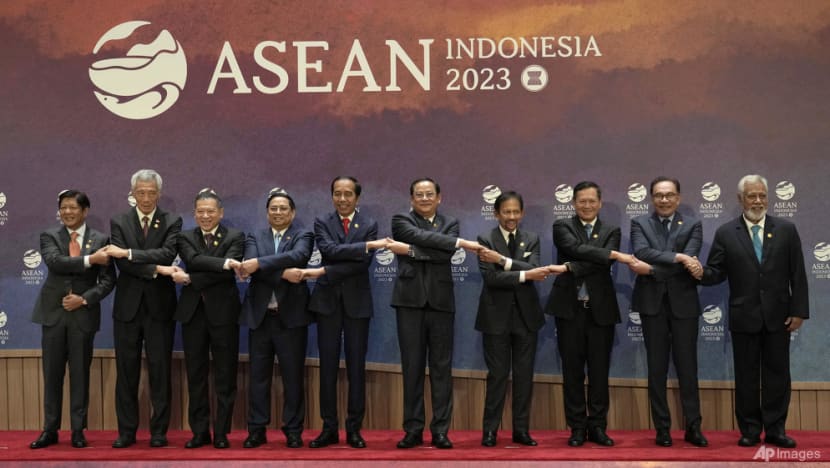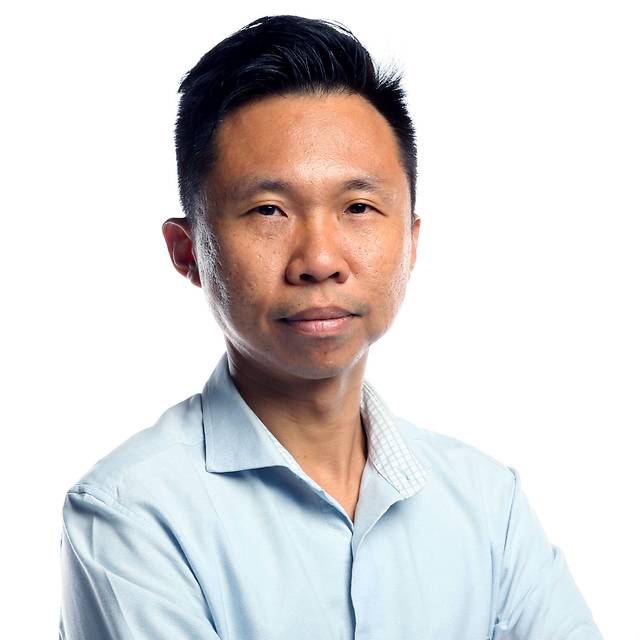ASEAN, Gulf states to deepen economic, energy ties as leaders meet at inaugural summit in Riyadh
The summit between leaders of the Association of Southeast Asian Nations (ASEAN) and the Gulf Cooperation Council (GCC) in the capital of Saudi Arabia on Oct 20 comes amid shared concerns of global superpower rivalry, according to experts.

SINGAPORE: Countries in Southeast Asia and the Gulf region are expected to strengthen economic and energy cooperation in a meeting between leaders next week, as they seek to deepen ties.
The inaugural summit between leaders of the Association of Southeast Asian Nations (ASEAN) and the Gulf Cooperation Council (GCC) on Oct 20 comes amid shared concerns of global superpower rivalry, according to experts.
The GCC, which comprises Saudi Arabia, Kuwait, United Arab Emirates, Qatar, Bahrain and Oman, first established ties with ASEAN in 1990, and next week’s summit in Riyadh is expected to give that relationship a boost.
In recent years, ASEAN has been upgrading its ties with various dialogue partners, such as the US, China, India, Japan and Australia, to Comprehensive Strategic Partnerships (CSP).
CSPs are the bloc’s highest level of engagement with its partners, and they reflect the breadth and depth of those ties.
LOOKING TO THE MIDDLE EAST
ASEAN is now looking at greater cooperation with the Middle East.
Relations between the two regions have gained pace, with all six members of the GCC signing ASEAN's peace pact, the Treaty of Amity and Cooperation, in recent years. Kuwait most recently entered the treaty in September this year.
The foreign ministers of both blocs already meet every year on the sidelines of the United Nations General Assembly in New York.
The Riyadh meeting will see leaders of the various countries gathering for the first time.
Dr Jean-Loup Samaan, senior research fellow at the Middle East Institute in the National University of Singapore, told CNA: "For a long time, the relationship was quite modest, to be honest. It was mostly about cultural exchange, but on both sides, I think there was a certain level of benign neglect."
Noting that the GCC Was formed in 1981, Ms Sharon Seah, senior fellow and coordinator of the ASEAN Studies Centre at the ISEAS-Yusof Ishak Institute, said that in the institutional life of any organisation, the first decade is typically spent consolidating relations among its own members, which has been the GCC's main objective thus far.
Ms Seah added that she expects a plan of action to take the ASEAN-GCC relationship forward to be agreed between both sides at the summit.
“They will expand linkages into trade, investment (and) cooperation in the energy space. We're actually talking about a time of transitioning into clean energy because of climate change. These are concerns that both sides have,” she said.
“There's interest in maybe growing the halal food industry (and) developing the standards in this area."
DRIVEN BY GEOPOLITICS
Dr Samaan said the GCC's move to boost ties with its Southeast Asian counterparts is prompted by the current state of geopolitics.

"More and more of the Gulf states are finding themselves in the middle of US-China competition. You have states such as the UAE or Saudi Arabia that have been deepening their ties with China in terms of connectivity,” he said.
“And those are countries that historically were close partners of the US, so they find themselves in a delicate spot today.”
The Gulf bloc is hence looking towards ASEAN as a case study and an eventual model to follow, in learning how to navigate the great power competition, said Dr Samaan.

ASEAN’s traditional stand in global geopolitics has been to not become a proxy for any larger power.
As the GCC expands its outward-looking policies, strengthening its cooperation with its Southeast Asian counterparts will bring about more benefits to both sides.

















